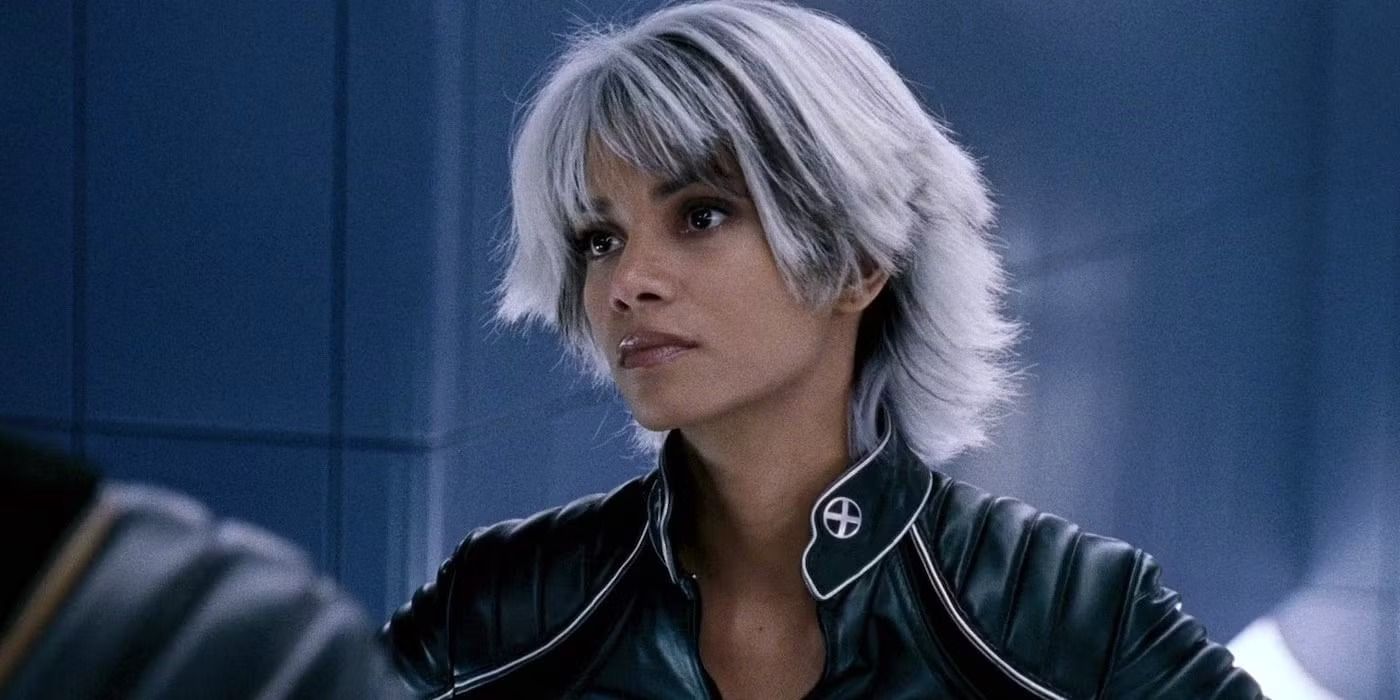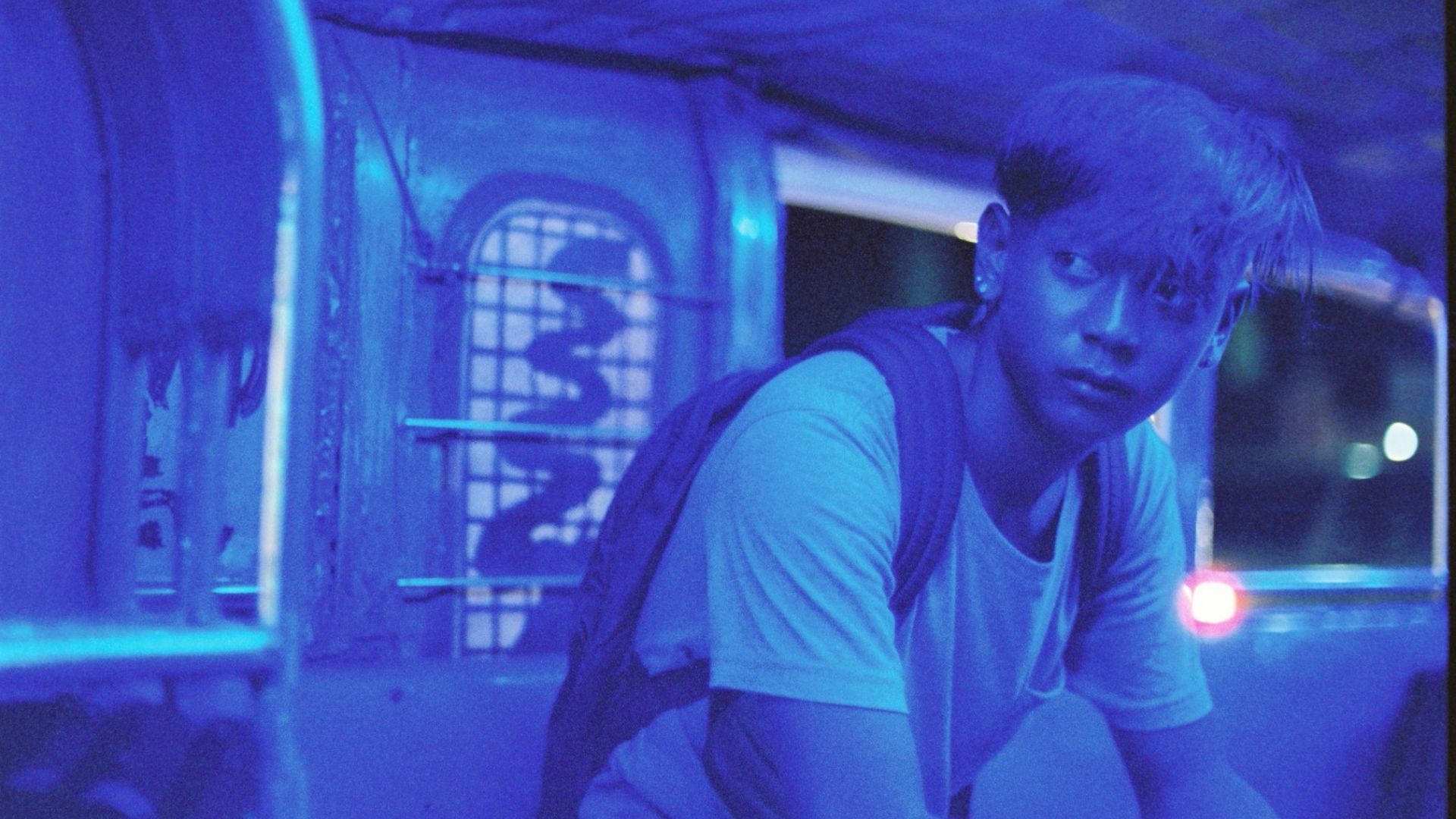Without revealing too much, let me chronologically piece together the stories. A Japanese businessman goes on a hunting trip in Morocco, and tips his guide with a rifle. The guide sells the rifle to a friend, who needs it to kill the jackals attacking his sheep. The friend’s son shoots toward a tourist bus at a great distance. An American tourist is wounded. The tourist’s Mexican nanny, in San Diego, is told to stay with their two children, but doesn’t want to miss her son’s wedding, and takes the children along with her to Mexico. Police enquiries about the Japanese businessman’s rifle lead to consequences for his disturbed daughter.
Yes, but there is so much more to “Babel” than the through-line of the plot. The movie is not, as we might expect, about how each culture wreaks hatred and violence on another, but about how each culture tries to behave well, and is handicapped by misperceptions. “Babel” could have been a routine recital of man’s inhumanity to man, but Inarritu, the writer-director, has something deeper and kinder to say: When we are strangers in a strange land, we can bring trouble upon ourselves and our hosts. Before our latest Mars probe blasted off, it was scrubbed to avoid carrying Earth microbes to the other planet. All of the characters in this film are carriers of cultural microbes.
Consider the plight of Yussef (Boubker Ait El Caid), the Moroccan boy. He lives happily with his family, tends sheep, plays with his brother Ahmed. Two alien microbes come into his world: A high-powered rifle, and a tourist bus. Over a great distance, he childishly shoots at one with the other, and seriously wounds Susan (Cate Blanchett), an American tourist. Her husband Richard (Brad Pitt) demands doctors, ambulances, helicopters, but has to settle for a friendly local man who takes Susan into his home and summons what the village has in the way of medical care.
You can view the original article HERE.





























